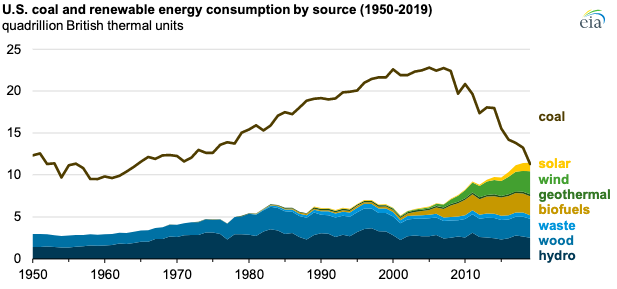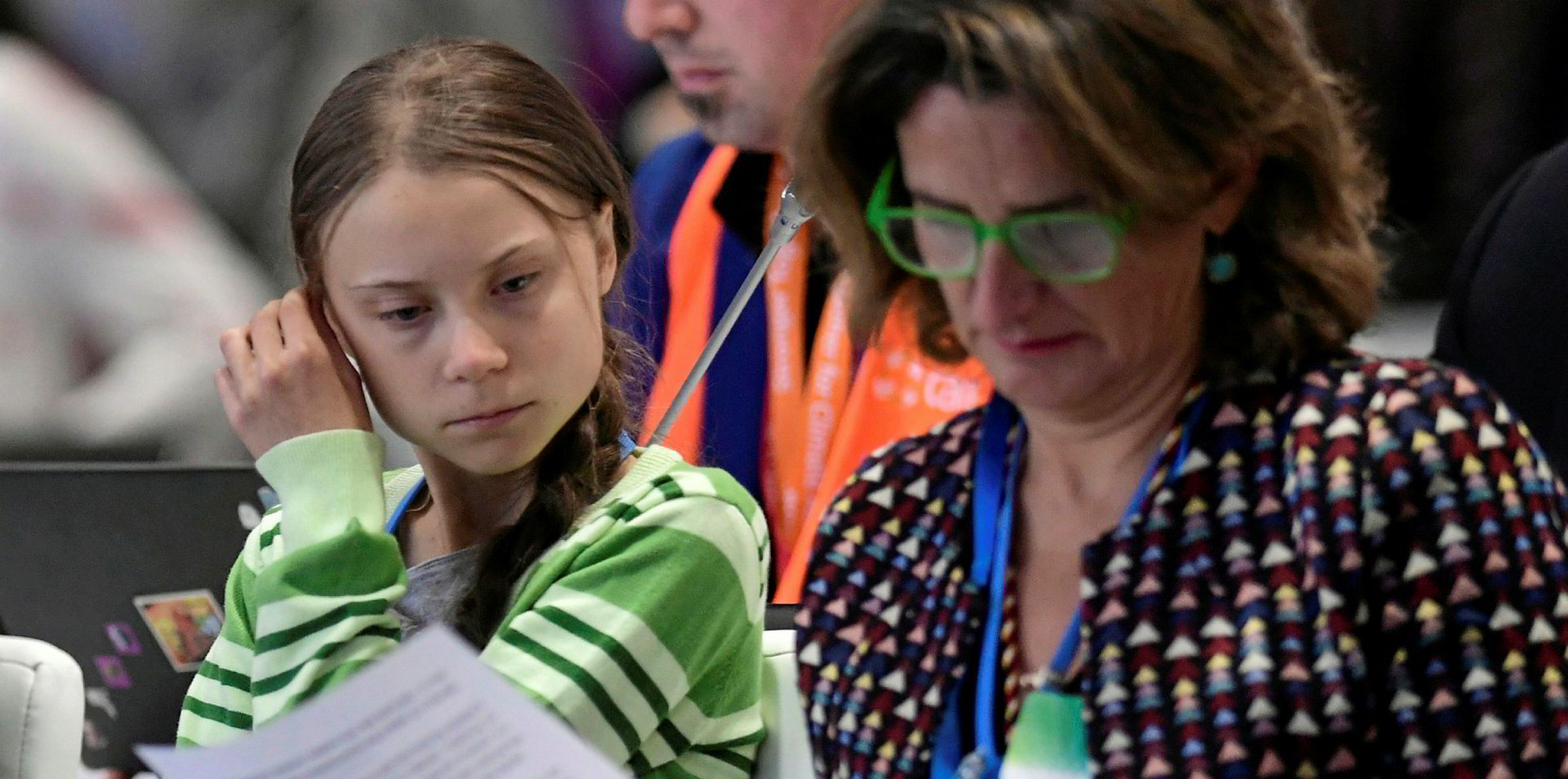
Renewable Energy Solutions - Are they burden if not done right?
Climate change has now been accepted as a generational issue that needs to be addressed if we want to keep our planet safe and livable for the generations to come. There are ongoing climate negotiations, multiple discourses and hundreds and thousands of minds working together to provide solutions to mitigate or adapt to the changing climate. Without a doubt, renewable energy solutions are often touted as the ultimate panacea to solve the climate crisis.

Renewable energy solutions will not only address climate change issues but will also help decarbonize the development economy by reducing global greenhouse emissions from the product supply chain cycle. Not sure if that is entirely true but global policy makers and businesses are referring to solar, wind, biofuels, thermal energy as the new age clean technology that will help us achieve the United Nation led Paris Climate Agreement emissions reduction target.
The Paris Agreement requires governments to develop Nationally Determined Contribution (NDC) documents that highlights their plan on how they will reduce emissions and stop global warming to 1.5C by 2030. Well, 2030 is only 10 years aways and we can definitely say that the governments are not really in a position to reduce their emissions to achieve the UN target.
What could go wrong?
A recently published article on Foregin Policy dissects this issue with a panache. Increased demand of renewable energy means the value of raw materials - cobalt, copper, lithium - needed for electric cars and solar photovoltaic cells will go higher. And, we all know where these raw materials are found. The majority of regions where these materials are found have a history of human right violation, mismanagement and other developmental issues. There is a theory that suggests that the gold rush can also bring wrath to those specific regions with increased interest from global superpowers hungry for more energy.
The main point here is the fact that if not managed well and early on these renewable energy raw materials available mainly in developing countries may end up like any other poorly managed mines with stories of human rights violation, minimum wage issues, and environmental pollution. It is imperative and urgent to address the equity issue from the onset of the rise of renewable energy revolution. If not, it will be another story of a good idea gone rogue.
Here is a link to the article.









Comments